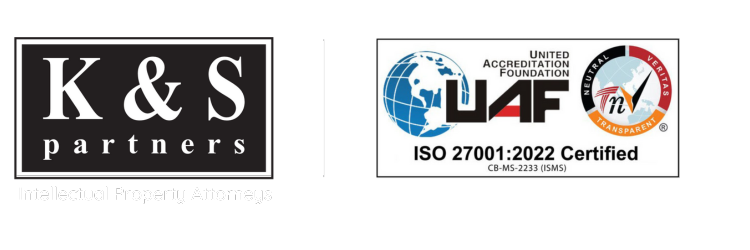
In Microsoft Technology Licensing LLC v The Assistant Controller of Patents & Designs, The Patent Office, the Delhi High Court highlighted the necessity for procedural fairness and clarity in the patent examination process to align with principles of natural justice and international patent standards.
Appellant, Microsoft Technology Licensing LLC (Microsoft) filed a patent application for an invention related to a method of securing communications through operations of a computer system that encompasses plurality of host devices interconnected by a network, organized into enclaves. The Assistant Controller of Patents & Designs (Controller) rejected the application on the grounds of non-compliance with Section 10(4) and Section 2(1)(j) of the Indian Patents Act, 1970 which deal with the sufficiency of the invention’s disclosure and the lack of inventive step, respectively.
Microsoft argued that the objection regarding sufficiency of disclosure under Section 10(4) was not maintainable due to lack of proper reasoning in the First Examination Report (FER) and complete absence from the Hearing Notice. Furthermore, they highlighted procedural irregularities in the citation of prior art documents, which were not mentioned in the Hearing Notice and the FER. Microsoft also pointed out that the corresponding application in Europe had been granted by the European Patent Office (EPO) where the prior art documents cited by the Controller were not considered obstacles to patentability. Lastly, Microsoft argued that the cited prior art documents did not disclose their invention, and the Controller had failed to provide sufficient reasoning to support his finding. All these aspects were cited as violations of the principles of natural justice.
The Court concurred that the deficiencies in the complete specification identified by the Controller, must be articulated with clarity and should be conveyed properly to an applicant. The Court further highlighted the importance of Section 10(4) and observed that the Controller’s conclusion that a specific claim of the invention fails to meet the standards of Section 10(4) of the Act, without a detailed exposition of the non-compliance, is not legally tenable.
The Court also noted that there are procedural irregularities in the refusal order which it deemed to “undermine the fairness and integrity of the examination process, being violative of principles of natural justice.” The Court clarified the importance of ensuring that an applicant is provided with a fair chance to address any deficiencies identified in their application, and/or to present arguments countering the objections raised.
The Court recognized that the Indian Patent Office (IPO) is required to examine patent applications independently, without being bound by decisions made in corresponding foreign patent applications. However, if the objections and citations align with those considered in foreign jurisdictions in such applications, then the resolution of these objections and the granting of a patent should be considered as a precedent with persuasive value while deciding patentability of an Indian application.
Based on these observations, the Court overturned the Controller’s decision and remanded the matter for fresh consideration. The Court instructed the Controller to issue a hearing notice, clearly delineating any objections and render a decision within four months from the date of the hearing.
This judgment highlights the importance of procedural fairness and adherence to the principles of natural justice while examining patent applications. It re-emphasizes the need for clear and specific articulation of objections, ensuring that applicants have a fair opportunity to address such concerns. Lastly, the judgement recognizes the relevance of decisions provided by foreign jurisdictions in patent applications while assessing the inventiveness and patentability of an invention.

